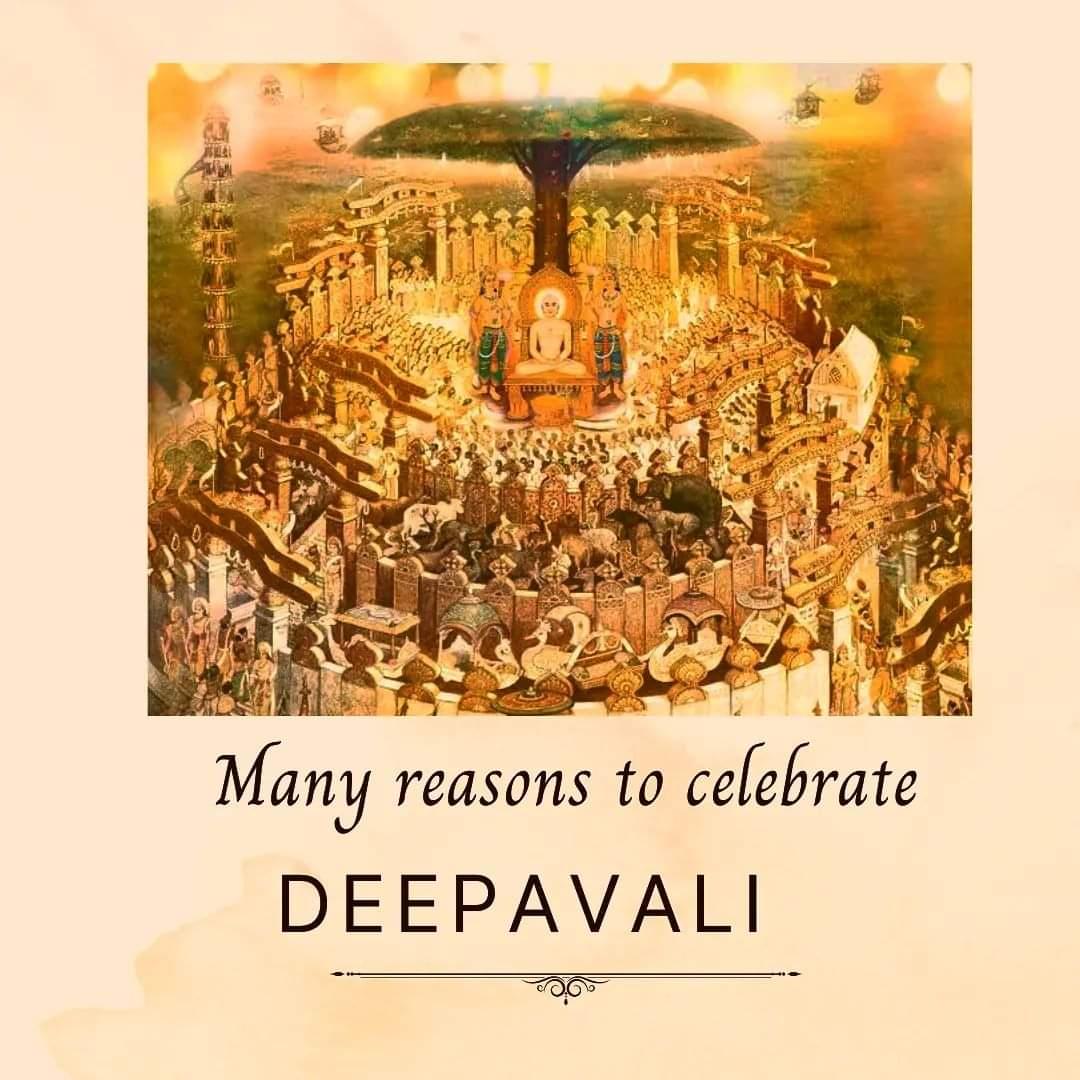
Knowledge about #Jainism and Questions-answers with details. 

• • •
Missing some Tweet in this thread? You can try to
force a refresh







